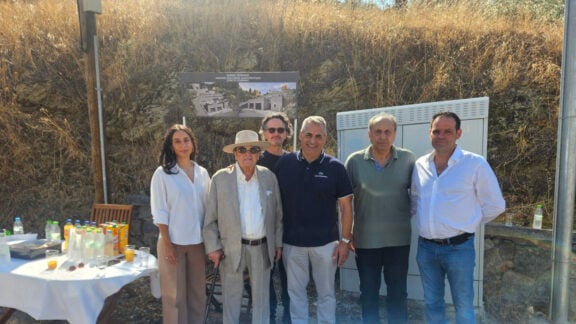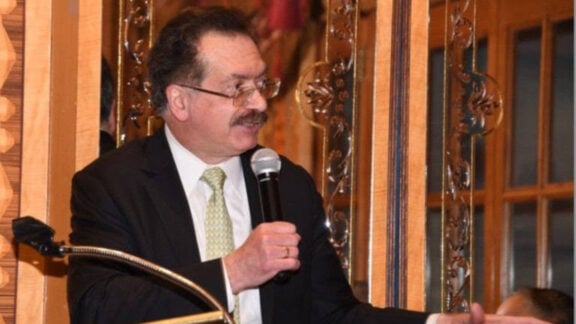Stop the press! I have found the origins of the cheesecake. It happened accidentally while I was looking for something else and noticed a small mention on an American site about the origins of cheesecake and it sparked my curiosity. So, off I went on a journey of cheesecake discovery. What I found surprised me in many ways, it may also surprise you. Greeks invented the cheesecake.
All of you – including myself – thought that cheesecake originated in northern Europe and it travelled to America with the European migration and settled in New York and hence the famous baked New York cheesecake. We all make cheesecake now and in Australia we prefer the cold version that we don’t have to bake, they are lighter and more conducive to adding different flavours, not less calories but much easier on the digestive system and fresh tasting. But all the originals were baked all the way back in our ancient past.
In ancient Greece, cheesecake was given to the athletes at the first Olympic games in 776 BC to provide them with energy. It was also a custom for a Greek bride to serve cheesecakes to her new husband’s friends and family as a gesture of hospitality. This concept in marriages eventually paved the way for wedding cakes, as we know them today.
The cheesecake method was pretty basic – pound the cheese till smooth and pasty, mix with honey and spring wheat flour, mould into a baking dish and bake, allow to cool and serve. But the first cheesecake might have been created on the island of Samos as physical excavations have found cheese moulds dating back to 2000 BC (some believe that they might have been around even earlier).
A Sicilian Greek from Gala, Archestratus wrote in verse on food in The Luxury of Life dated 330 BC and through him we discover much about Greek food all over the then known Greek world. A Roman politician from the 1st century AD Marcus Porcius Cato (234-149 BC) wrote a treatise on agriculture, about farming, wine making and cooking amongst other things and he also left a recipe for a small sweet cake often left as a temple offering. It was later that the writer Athenaeus is credited with the first cheesecake recipe in 230 AD, but the Greeks had been making cheesecake for over 2000 years with Archestratus’ recipe, as the oldest surviving one.
When the Romans conquered Greece, the cheesecake recipe was one of the spoils of war, along the way it was modified to include eggs and often served it warm, and occasionally the filling would be put in pastry. They called it libuma and served it on special occasions. As the Romans expanded their empire, they bought cheesecake recipes to northern Europe and eastern Europe.
Here locals began to experiment, putting their own spin on the cheesecake. In each European country the cheesecake started to take on local characteristics using ingredients that were native to the region. Records show us that the cheesecake did not arrive in Britain officially till 1000 AD and I am willing to place a bet that it came via the crusades and their pillaging Byzantium from where they bought back many precious spoils – the royal court rituals, the royal colour purple (and more still in use in the British royal household today) – information I came across reading about Byzantium.
The time frame fits the Crusades, as the Romans had left a few hundred years earlier. In 1545, the first Renaissance cookbook was printed during the Tudor era describing the cheesecake as flour based sweet food and giving a recipe for it. Early in the 20th century a German Jewish immigrant Arnold Reuben owner of the legendary Turf Restaurant on Broadway in New York City claimed that his family developed the first cheesecake recipe on a commercial basis after trying it at a friend’s house, today we have the New York cheesecake, which is always baked. These days there are countless recipes, different versions incorporate a variety of ingredients and fresh seasonal produce. But something to keep in mind when taking your next bite of that delicious cheesecake you have in front of you is this: the ancient athletes used to eat cheesecake before they ran a marathon.








